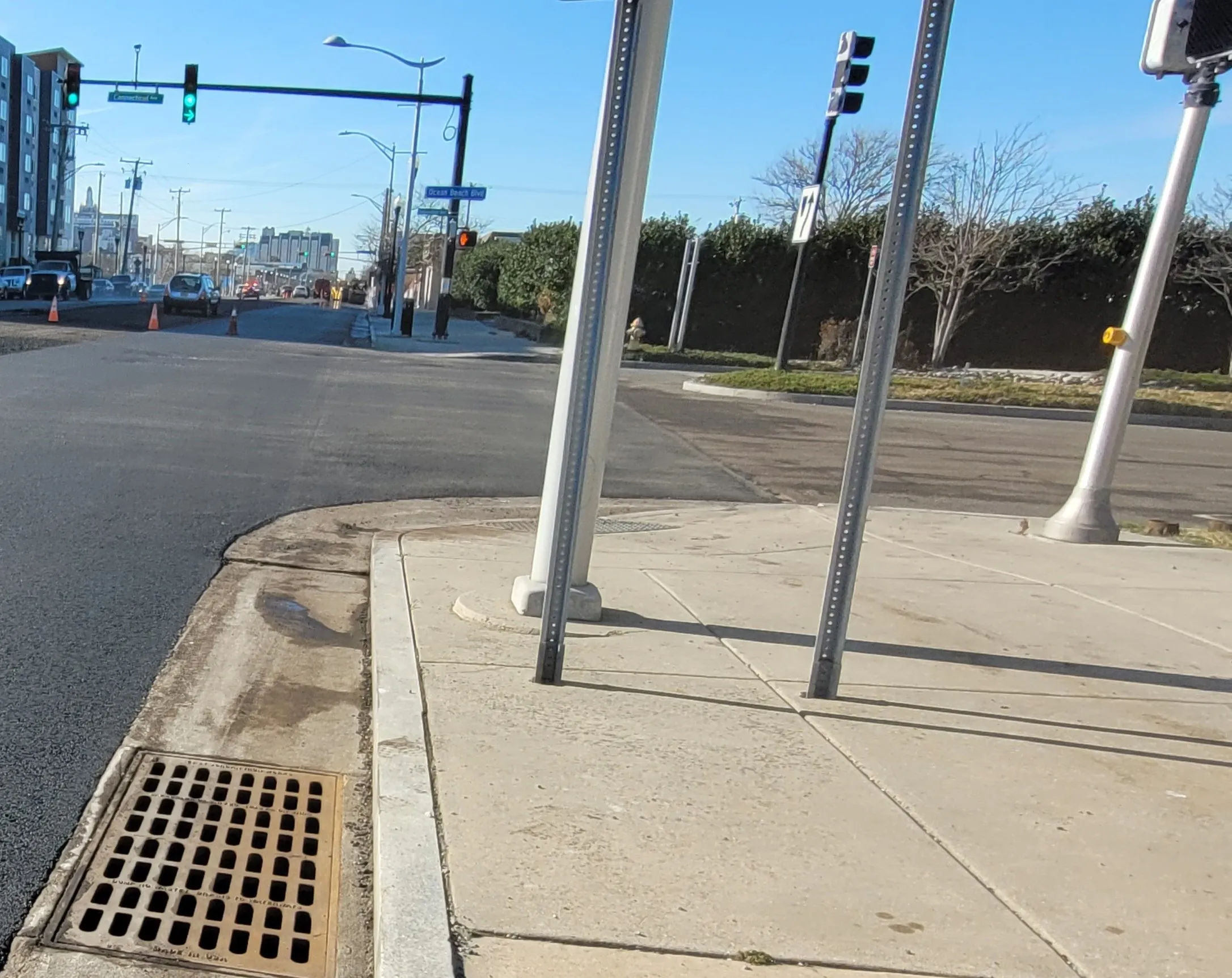Chicago's red light cameras fail to deliver the dramatic safety benefits long claimed by City Hall, according to a first-ever scientific study that found the nation's largest camera program is responsible for increasing some types of injury crashes while decreasing others.
December 22, 2014
Read time: 1 min
Chicago's red light cameras fail to deliver the dramatic safety benefits long claimed by City Hall, according to a first-ever scientific study that found the nation's largest camera program is responsible for increasing some types of injury crashes while decreasing others.
The state-of-the-art study commissioned by the Tribune concluded the cameras do not reduce injury-related crashes overall, finding that, while traffic cameras appeared to reduce injuries by 15 per cent for collisions at right angles, where one car crashes head-on into the side of another car, those improvements were overshadowed by a 22 per cent increase in injuries from rear-end accidents. Taken together, the study shows a statistically insignificant increase of injuries by five per cent.
The researchers also determined there is no safety benefit from cameras installed at intersections where there have been few crashes with injuries. Such accidents actually increased at those intersections after cameras went in, the study found, though the small number of crashes makes it difficult to determine whether the cameras were to blame.
The state-of-the-art study commissioned by the Tribune concluded the cameras do not reduce injury-related crashes overall, finding that, while traffic cameras appeared to reduce injuries by 15 per cent for collisions at right angles, where one car crashes head-on into the side of another car, those improvements were overshadowed by a 22 per cent increase in injuries from rear-end accidents. Taken together, the study shows a statistically insignificant increase of injuries by five per cent.
The researchers also determined there is no safety benefit from cameras installed at intersections where there have been few crashes with injuries. Such accidents actually increased at those intersections after cameras went in, the study found, though the small number of crashes makes it difficult to determine whether the cameras were to blame.







